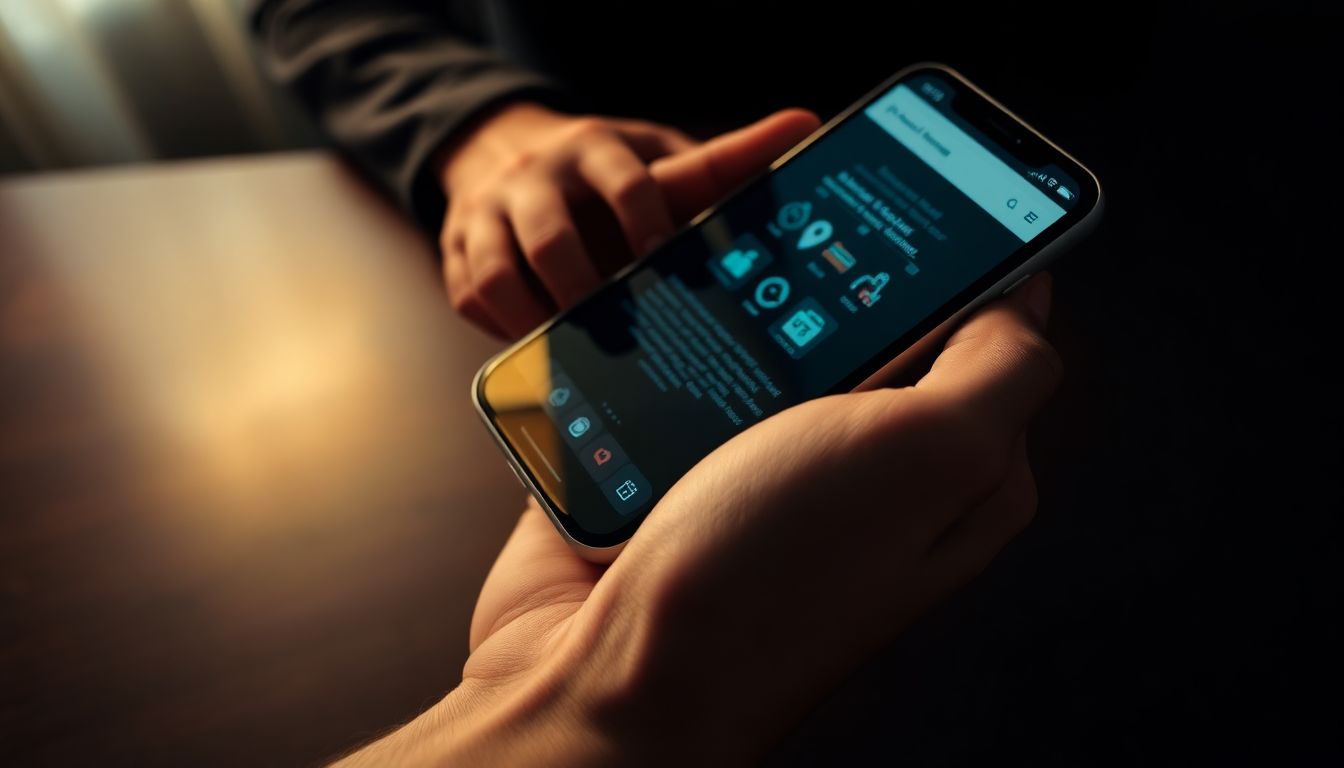How to Lock Down Your Phone Against Scammers: The Ultimate Guide

Phone scams are on the rise, affecting millions every year. According to the Federal Trade Commission, consumers lost over $1.9 billion to phone scams in 2022 alone. This staggering figure highlights not just the financial burden but also the emotional toll on victims.
Scammers are getting smarter, using advanced technology and manipulation techniques to trick you into giving away your personal information. Mobile devices, with their vast amount of sensitive data, are prime targets. Protecting your phone is crucial, and this guide will provide clear, actionable steps to keep you safe.
Avoid Becoming a Victim: Recognizing and Avoiding Scam Calls & Texts
Identifying Red Flags
Scammers use several tactics to lure you in. Common signs to watch for include:
- Urgency: “You must act now!”
- Pressure: “This offer expires today!”
- Impersonation: Scammers pretending to be a trusted entity, like your bank or a government agency.
For example, a phone call claiming your account will be deactivated unless you provide personal information is a clear red flag.
Filtering Out Suspicious Contacts
Use your phone’s built-in features to help avoid scams:
- Spam Filters: Most smartphones have settings to filter out potential scam calls.
- Call Blocking: Block numbers that have previously scammed you.
- Third-Party Apps: Consider apps like Truecaller that help identify spam calls.
Verifying Information
Always verify requests for personal information. If someone claims to be from your bank, hang up and call the official number directly. Ensure that you’re speaking to a legitimate representative.
Securing Your Device with Strong Passcodes & Biometrics
Setting Up Strong Passcodes
Create complex passwords that are hard to guess. Use a combination of letters, numbers, and symbols. Biometric options, like fingerprint scanning or facial recognition, add an extra layer of security.
Enabling Two-Factor Authentication (2FA)
Two-Factor Authentication provides added security by requiring two forms of identification. Enable 2FA on services where it’s available, including:
- Email accounts
- Banking apps
- Social media platforms
Regularly Updating Software
Keep your phone's operating system and apps updated. In 2022, over 18,000 vulnerabilities were patched, making updates crucial for protection against malware and other threats.
Protecting Your Data and Privacy Settings
Limiting App Permissions
Only grant apps permissions that are necessary. Over-sharing data can lead to data breaches. Statistics show that 43% of data breaches are tied to third-party applications.
Managing Location Services
Controlling location access helps safeguard your privacy. Use expert advice: “Be mindful of which apps have access to your location. Limit it to those that require it.”
Using a VPN for Enhanced Security
A VPN (Virtual Private Network) encrypts your internet connection, especially when using public Wi-Fi. This helps keep your personal information safe from prying eyes.
Safeguarding Your Financial Information on Your Phone
Protecting Your Banking Apps
Choose only secure banking apps and enable their security features. Look for apps with multi-layered security.
Avoiding Phishing Attempts
Scammers often use fake websites or emails to steal your financial info. For example, an email that looks like it’s from your bank but asks you to click a link is a red flag.
Monitoring Your Accounts
Regularly check bank and credit card statements. Report any suspicious activity immediately to your bank.
What to Do If You've Been Scammed
Reporting the Scam
If you fall victim, report the scam. Contact organizations like the FTC or FCC to help raise awareness and potentially catch the scammer.
Protecting Your Accounts
Secure your accounts by changing passwords and contacting your bank to explain the situation. This may help stop further damage.
Seeking Support
Reach out to consumer protection agencies for help. If needed, talk to mental health professionals who can help you cope with the emotional aftermath.
Conclusion
Securing your phone against scammers is an ongoing effort. Recognize the signs of scams, use strong security measures, and stay vigilant. By following these steps, you can significantly reduce the risk of falling victim to phone scams.
Share this article to spread awareness and help others protect themselves. Your proactive measures can save someone else from becoming a victim.








No comments: